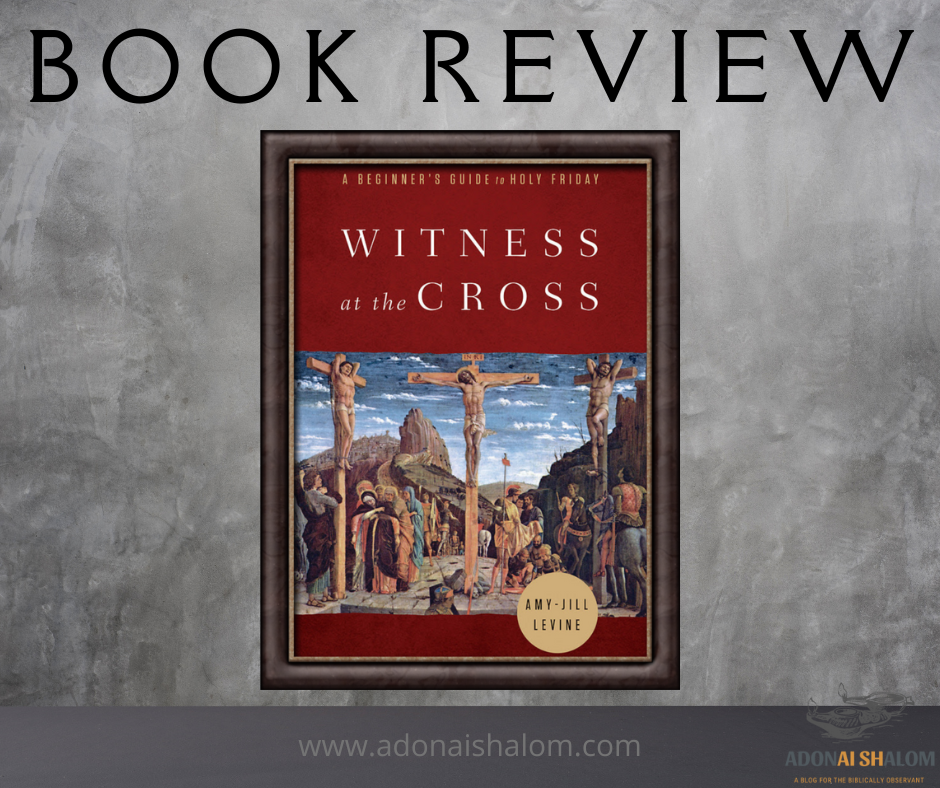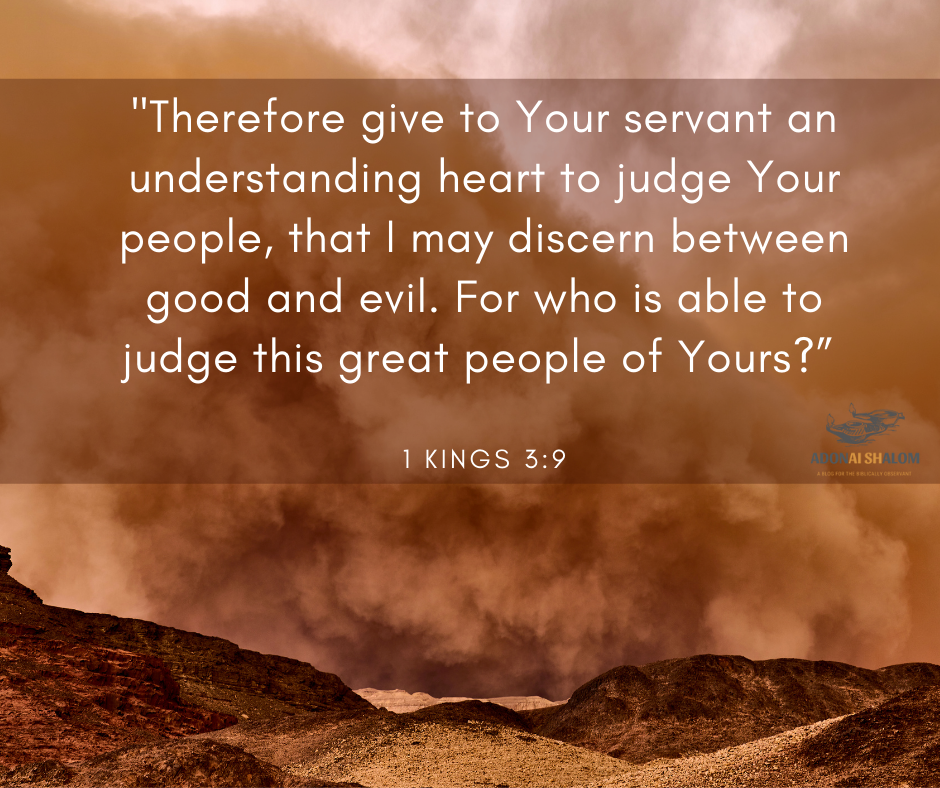Review: “Witness at the Cross: A Beginner’s Guide to Holy Friday” by Dr. Amy-Jill Levine

Abington Press has generously provided me with a copy of Witness at the Cross: A Beginner’s Guide to Holy Friday by Dr.Amy-Jill Levine, Professor of New Testament and Jewish Studies at Vanderbilt University Divinity School in exchange for my honest review. Thank you both to Abington Press and to Audra Jennings for the arrangement.
Last September, I had the privilege of being asked to review Dr. Amy-Jill Levine’s book, The Difficult Words of Jesus (here is a link to that review, if you are interested).
Now, as of December 2021, Dr.Levine has released a new book titled, Witness at the Cross: A Beginner’s Guide to Holy Friday and once again, I have the privilege of reviewing it for you! It is timely with Passover and the celebration of Messiah’s resurrection coming up so soon.
Background
Witness at the Cross reads like an advanced Bible Study – something aimed at first or second year seminary students, but accessible to anyone willing to look deeply at the Scriptures.
I found the book’s topic intriguing because there are few authors willing to focus specifically on the events of the crucifixion day, since all of us want to jump past that to the magnificent victory of Messiah’s Resurrection. Dr. Levine does not avoid discussing the somewhat unpleasant details related to Jesus’ (Yeshua’s) death and subsequent burial. For example, she explains the significance of when Pilate granted the “corpse” released to Joseph of Arimathea rather than the “body” (Levine, 119) and the Roman tradition that “corpses of people executed by the state could be returned to friends and family as part of the celebration of the emperor’s birthday” (Levine, 120).
As I clarified in my review of The Difficult Words of Jesus, Dr. Levine is a Jewish feminist theologian who teaches New Testament at Vanderbilt. I point this out because Witness at the Cross is aimed at Christian readers, yet Dr.Levine denies the divinity of Christ, the Messiah, the Son of God. She offers up some certainly unique and interesting considerations, but there are some serious matters that would need to be addressed if this book were being used in a congregational setting.
Book Review
In the introduction to the book, Levine jumps right into some heavy topics like ethnic cleansing, matters of conscience, and credibility. But she does so in her characteristic style that makes it totally accessible. If her classes are anything like her writing, I’m guessing Levine is a very popular professor with her students! She introduces the reader to the idea of looking to each of the witnesses of the crucifixion to gain greater perspective into the Gospel accounts.
Throughout the book, Levine consistently compares the different Gospel accounts and helps clarify some of the differences between the Synoptic Gospels and John. Levine gives voice to those who often get ignored such as the bystanders and the scoffers who witnessed the events on Calvary’s hill. She begins chapter 2 describing classes she teaches at a prison in Tennessee and talks about the different perspectives of criminals, victims, and the reality that one person might call someone a terrorist who for another is a freedom fighter. Chapter 3 is focused on the soldiers, 4 on the beloved disciple, and 5 on the women.
Chapter 6 discusses Joseph of Arimathea and Nicodemus. Most of what Dr.Levine shares here is very interesting. However, let me quote her so you will get a sense of her own attitude toward discipleship. Dr. Levine writes, “Once again, Nicodemus does the right thing, and once again he does not become a disciple. I am liking him more and more” (Levine, 133).
I have sat in Divinity School classes where a comment like this might make us laugh (albeit uncomfortably) and to the right audience, Dr.Levine’s humor and conversational style is attractive. But, as I suggested earlier, a book like this would have to be used with care and in the right context.
My recommendation:
If you are looking to supplement your Bible study time with a book that will get you focused on the witnesses of the crucifixion and their roles in the unfolding of history, you will enjoy this book. I would recommend it to mature, discerning students of the Bible.
Pastora Jennifer Mieliulis Fuentes, M.Div., Duke University
About the Author: Dr.Amy-Jill Levine

Amy-Jill Levine (“AJ”) is Rabbi Stanley M. Kessler Distinguished Professor of New Testament and Jewish Studies at Hartford Seminary and University Professor of New Testament and Jewish Studies Emerita, Mary Jane Werthan Professor of Jewish Studies Emerita, and Professor of New Testament Studies Emerita at Vanderbilt University.
An internationally renowned scholar and teacher, she is the author of numerous books including Short Stories by Jesus: The Enigmatic Parables of a Controversial Rabbi, Entering the Passion of Jesus: A Beginner’s Guide to Holy Week, Light of the World: A Beginner’s Guide to Advent, Sermon on the Mount: A Beginner’s Guide to the Kingdom of Heaven, and The Difficult Words of Jesus: A Beginner’s Guide to His Most Perplexing Teachings. Her latest release is Witness at the Cross: A Beginner’s Guide to Holy Friday. She is also the coeditor of the Jewish Annotated New Testament.
Levine is the first Jew to teach New Testament at Rome’s Pontifical Biblical Institute. In 2021 she was elected to the American Academy of Arts and Sciences. AJ describes herself as an unorthodox member of an Orthodox synagogue and a Yankee Jewish feminist who until 2021 taught New Testament in a Christian divinity school in the buckle of the Bible Belt.
Professor Levine has done more than 500 programs for churches, clergy groups, and seminaries on the Bible, Christian-Jewish relations, and Religion, Gender, and Sexuality across the globe.
Witness at the Cross: A Beginner’s Guide to Holy Friday by Amy-Jill Levine
Title: Witness at the Cross: A Beginners Guide to Holy Friday
Author: Amy-Jill Levine
Publisher: Abingdon Press
Release Date: December 28, 2021
Genre: Religion/Holidays/Easter&Lent
ISBN-13: 978-1-7910-2112-2
PURCHASE LINKS: Amazon | Barnes & Noble | Christianbook | Books-A-Million

Thank you for taking the time to read this book review! Have you had a chance to read Dr. Levine’s book yet? What did you think? Leave a comment!








